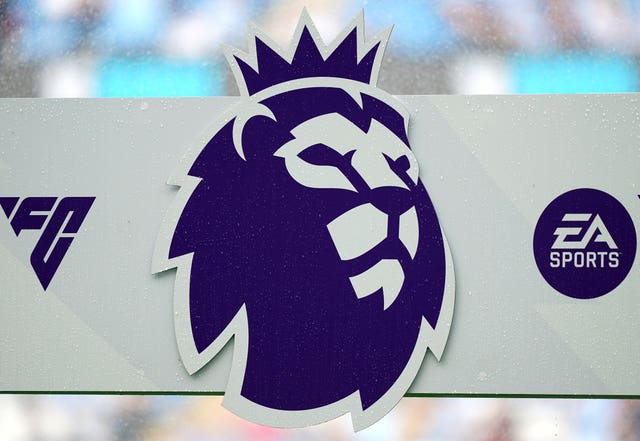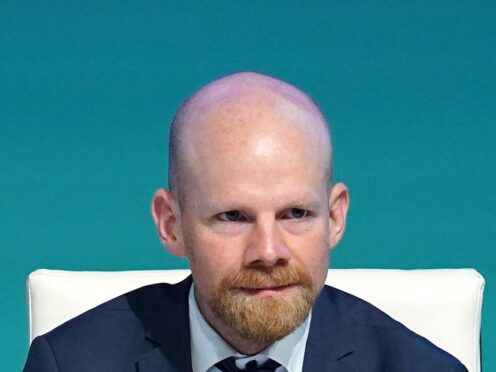FIFA has issued a forceful defence of its scheduling of the new Club World Cup amid the threat of legal action from leagues and unions.
Football’s global governing body wrote to the World Leagues Association (WLA) and FIFPRO on Friday to insist it consulted widely on the new international calendar, and also took aim at domestic leagues scheduling their own events, such as the Premier League’s Summer Series in the United States last year.
The leagues and unions had called on FIFA to reschedule the 32-team Club World Cup, due to be staged between June 13 and July 15 next year, or face legal action – effectively arguing that FIFA was abusing a dominant position as both a regulator and competition organiser and was inflicting economic harm on leagues and impacting the welfare of players.

A letter from FIFA secretary general Mattias Grafstrom, seen by the PA news agency, says FIFA is “like any other competition organiser” and “fully within our rights to set the parameters of our competitions whilst respecting the regulatory framework in place”.
He then appeared to refer to domestic member leagues of the WLA, such as the Premier League, organising summer competitions and questioned why such moves had not faced a similar challenge.
“We are also well aware that there are other competition organisers, including those represented by the WLA, who are similarly entitled to exercise their rights in the same manner, including the ability to introduce, abolish or replace competitions, and to review their formats in a reasonable way,” he said.
“This ability has been demonstrated by the introduction of international tours by members of the WLA in recent years, by way of example.
“It would be useful for us to understand if the motivations expressed in your letter have resulted in similar written representations and references to legal action to your members or other competition organisers.”
Grafstrom added in his letter that FIFA, even with an expanded Club World Cup, was responsible for only a “fractional amount” of the total elite club games in a year, with a similarly fractional number of players involved.
He concluded by saying that while he disagreed with the “tenor and content” of the league and union letter, FIFA was keen to organise a meeting with them over the summer to discuss the issue further.
He also insisted that FIFA had consulted extensively over the 2025 to 2030 international match calendar with the WLA and FIFPRO, which was confirmed at FIFA Congress in March last year.
“Any suggestion that (FIFA) does not, or has not (consulted), is not supported by the facts,” Grafstrom wrote.
Grafstrom goes on to say that calendar issues were discussed with FIFPRO and WLA “on several occasions” as part of the ‘Future of Football’ debate in 2021 and 2022.
Leagues sources continue to insist there was no consultation of any sort on the calendar prior to FIFA Council approving it in March last year.
As well as competition law issues, sources have identified labour law issues created by the scheduling of the Club World Cup, which could put domestic leagues in breach of the collective bargaining agreements they have in place with the country’s players’ union.
It is understood leagues and unions do have alternative scheduling proposals for the Club World Cup.
